A positive team culture thrives on mutual respect and equality. Recognizing this, the BCCI has taken decisive steps to enforce long-standing rules of conduct that had been overlooked in recent times. In a firm yet necessary move, the board has issued strict guidelines for player behavior during tours, serving as a wake-up call for the team. This approach has significantly curbed inflated egos and reminded players of their shared responsibility to uphold team values.

The Need for Strong Guidelines
In team sports, unity is paramount. Every member, regardless of stature, must adhere to a set of ground rules to maintain harmony. This becomes even more critical during overseas tours, where players spend extended periods together. Any signs of hierarchy or class distinctions could disrupt the team dynamic.
When representing India on foreign soil, players serve as ambassadors of the country. Their behavior reflects not just on themselves but also on the nation. The importance of decorum was evident when the Australian Prime Minister hosted the Indian team at his residence—a reminder of the weight their roles carry.
A Legacy of Team Culture
While formal protocols governing player behavior are not new, they were often unwritten and passed down informally. These practices, rooted in tradition, have long shaped the ethos of Indian cricket teams.
During my tenure as Team Manager in 1992, I witnessed the intricate responsibilities of the role. Beyond handling logistics like travel, accommodations, finances, and media interactions, the Manager also played a key role in maintaining discipline. Despite limited support staff back then, the team largely regulated itself, guided by an unwritten code of respect and punctuality.
For instance, senior players such as Azharuddin, Kapil Dev, and Ravi Shastri would choose their spots in the dressing room first, followed by others. Later, players like Sachin Tendulkar, Sourav Ganguly, Rahul Dravid, and VVS Laxman had their own preferred seating arrangements on flights and buses, which were respected by all.
Punctuality was non-negotiable. Being late for meetings, practice sessions, or official events invited not just disapproving looks but also monetary fines. Team protocols, including dress codes, were strictly enforced.
The Role of the Manager
The Manager’s authority was clear—ranked above the captain and coach in the delegation. From deciding which events to attend to specifying dress codes (formal blazers for official functions and casuals for informal ones), the Manager ensured discipline. At official events, the Manager spoke on behalf of the team, occasionally sharing this responsibility with the captain.
Promoting Unity Through Equality
To foster a sense of equality, the BCCI ensures uniform treatment for all players. Match fees, daily allowances, travel arrangements, hotel accommodations, and privileges like match tickets are equal for everyone. Players also receive identical suitcases, kitbags, and apparel for travel, practice, and matches.
Team dinners, often organized by the Manager, further strengthen bonds. Everyone—from players and support staff to family members and even the bus driver—is included. A set menu is pre-arranged, and the bill is split equally, often settled using a senior player’s credit card.
The team operates as a closed unit, particularly on match days and during practice sessions. While family members may accompany players to social events, the dressing room remains an exclusive space for players only. The team room in hotels serves as a common area for relaxation and bonding, featuring games like table tennis and pool.
Addressing Recent Issues
Reports from Australia highlighted instances where players deviated from established norms—using private cars instead of the team bus, staying at hotels of their choice, and having personal staff around the team. Such practices undermine the team’s unity and the discipline expected during tours.
In the past, India’s cricket legends respected these unwritten guidelines and upheld the team’s culture. However, the influence of the IPL, with its emphasis on individual stardom, seems to have altered the mindset of some players.
Reasserting Authority
The BCCI’s recent intervention serves as a reminder of its role as the ultimate authority. By enforcing these rules, the board has reclaimed its position and reinforced the principles of respect and equality that underpin a successful team culture. This is not just about discipline—it’s about preserving the unity and spirit that make a team greater than the sum of its parts.


